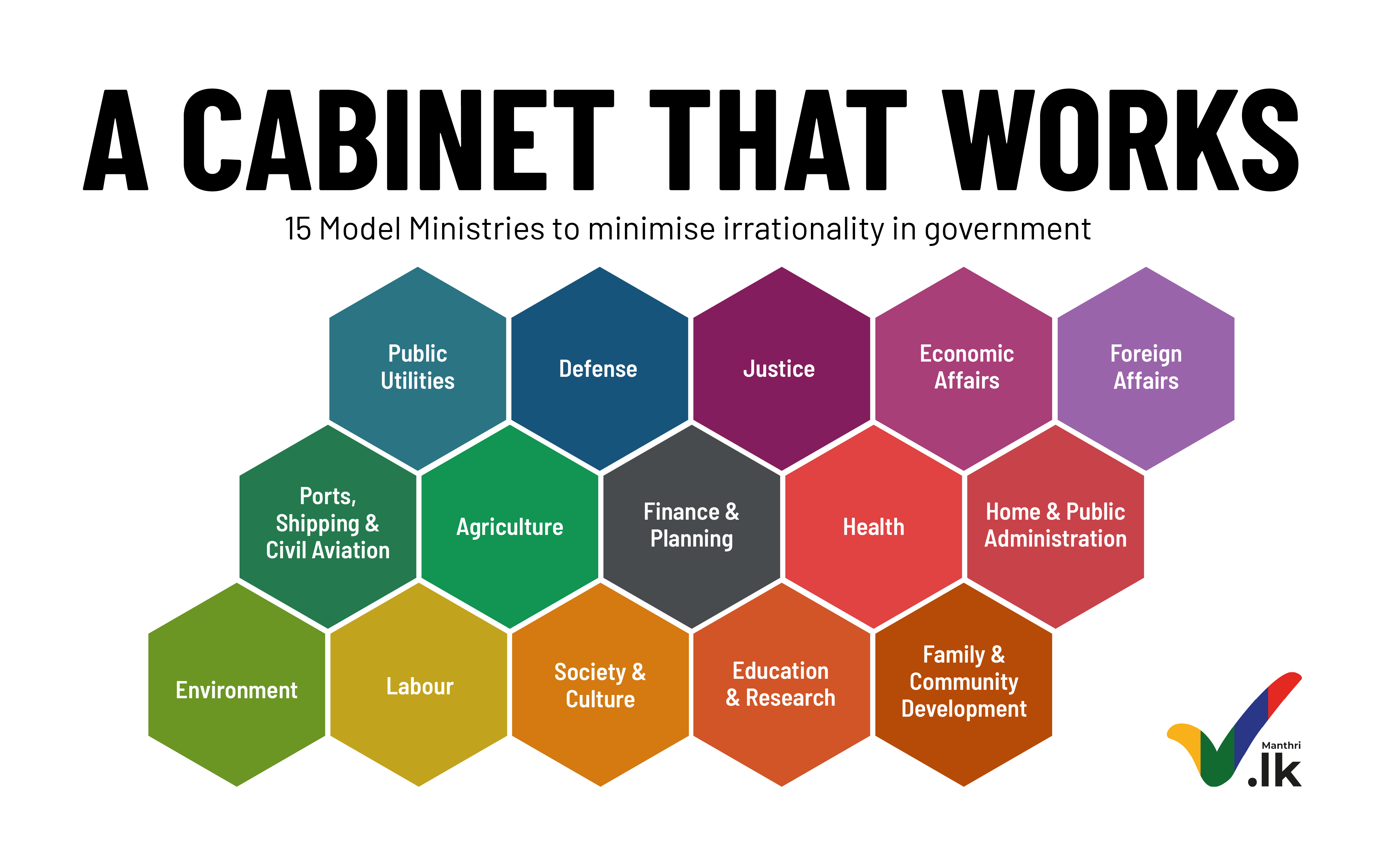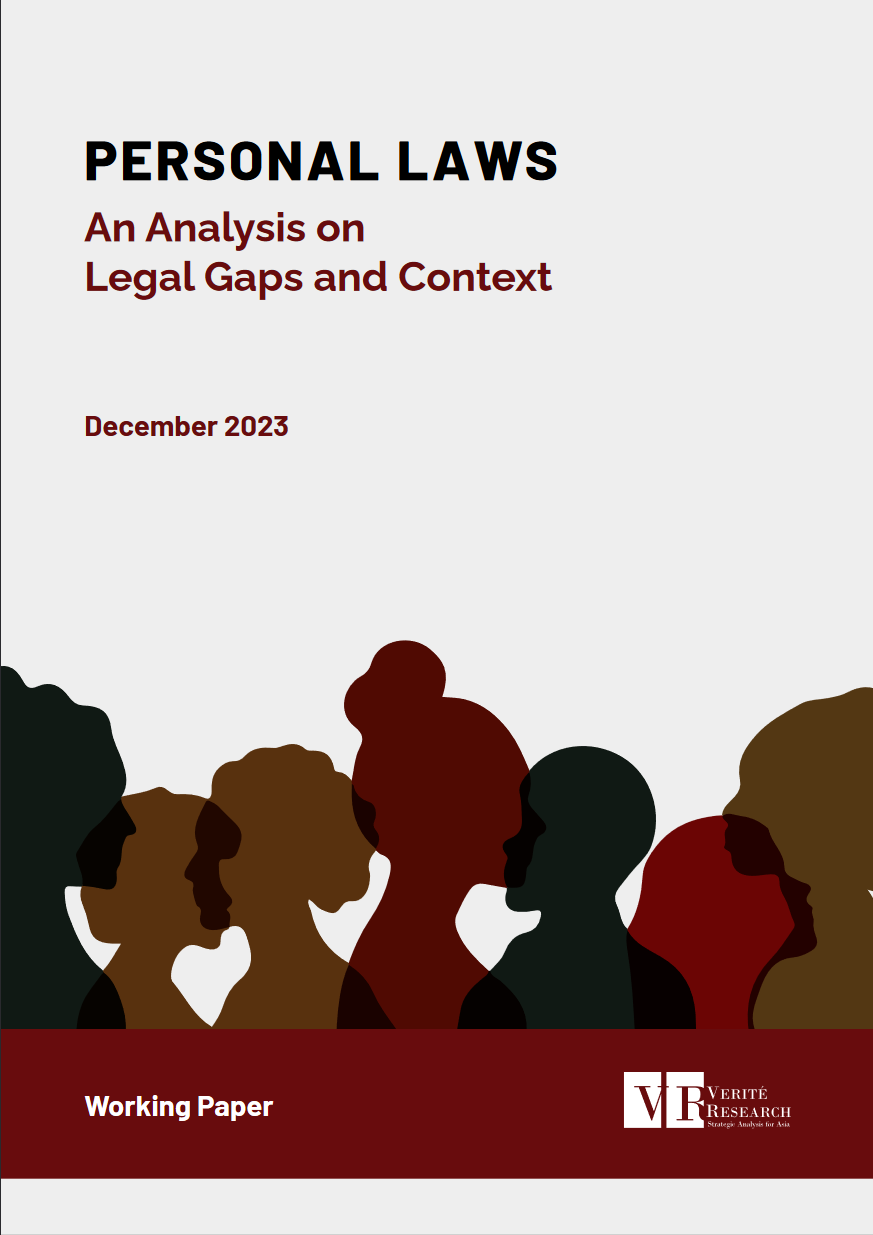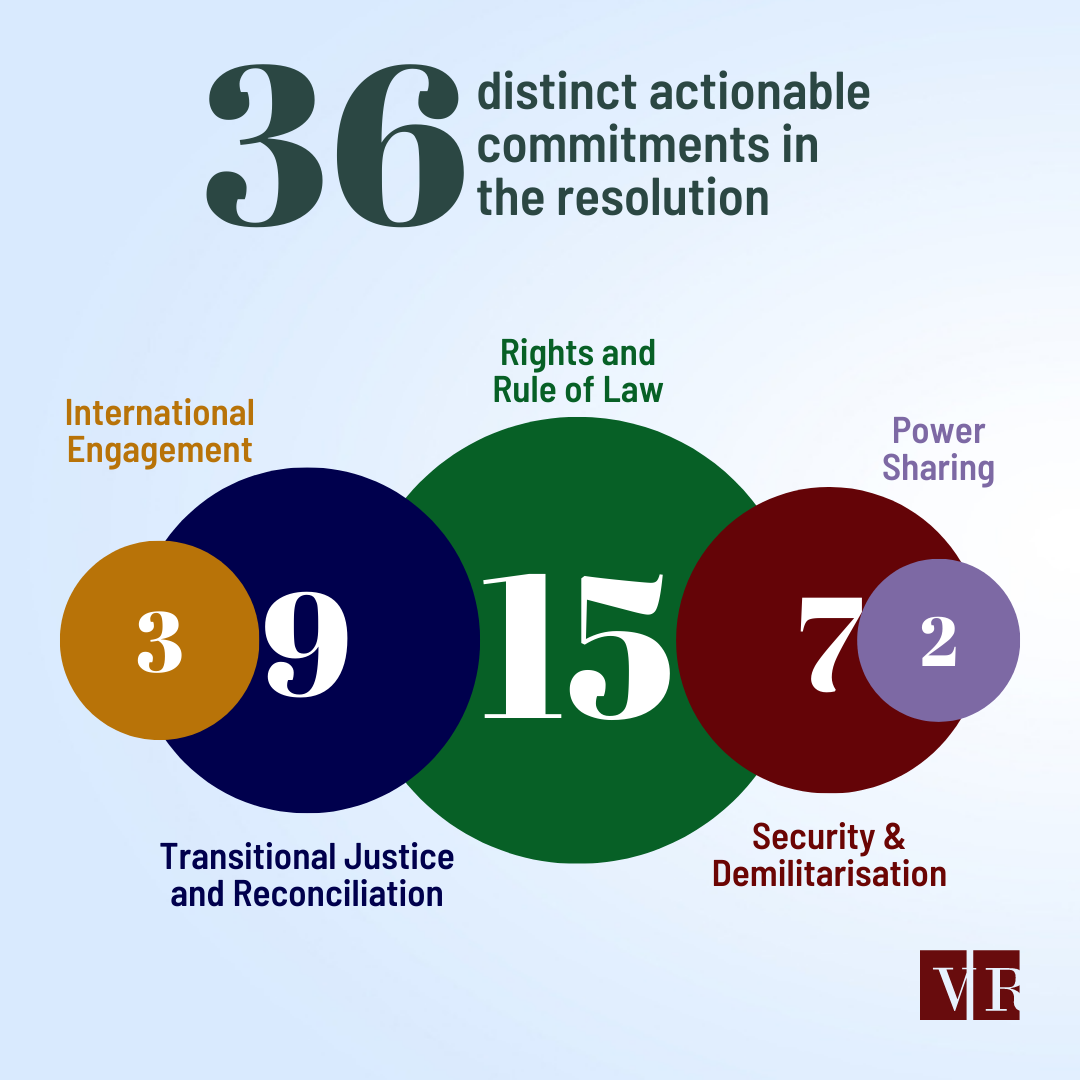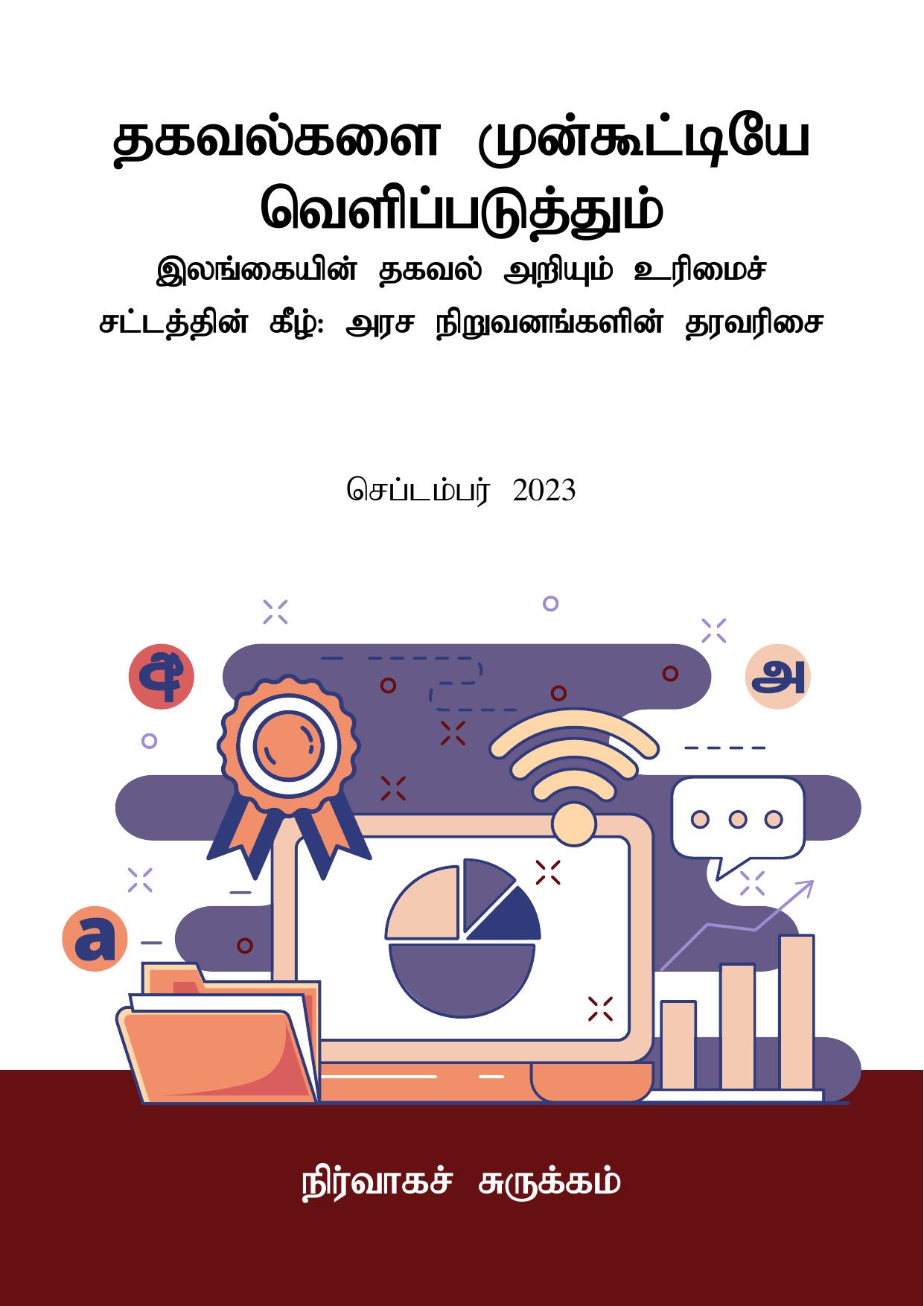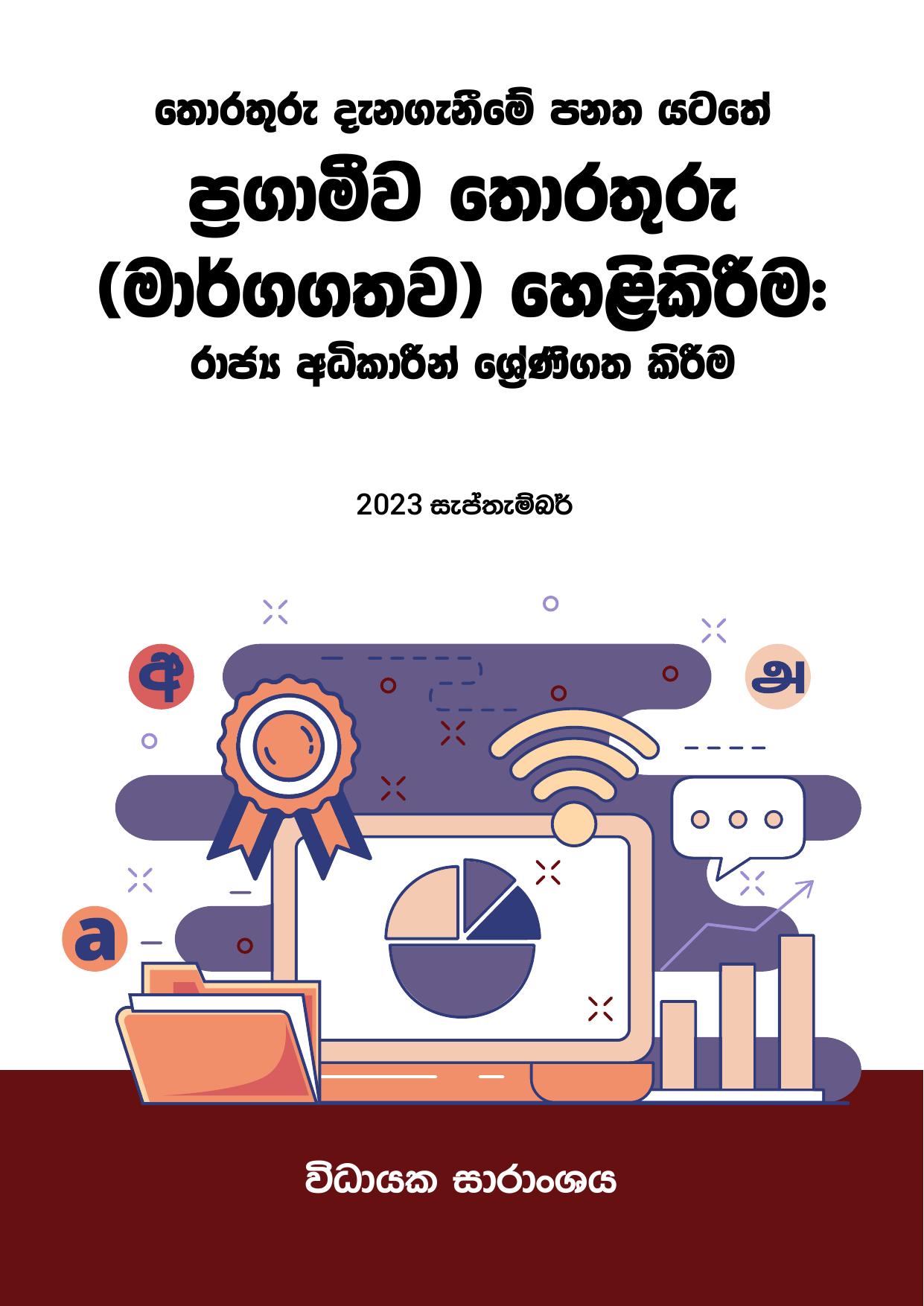This is Verité Research’s latest study on the Sri Lankan government’s progress in fulfilling the commitments on reconciliation and accountability in UNHRC Resolution 30/1. At the 51st session of the United Nations Human Rights Council (UNHRC) in September and October 2022, Resolution 51/1 was adopted. The Sri Lankan government rejected Resolution 51/1. On 9 September 2024, a written update on Sri Lanka was presented to the 57th UNHRC session. Verité Research’s report analyses the government’s progress in fulfilling all 36 commitments made in UNHRC Resolution 30/1, from September 2023 to August 2024.
This report, commissioned by the International Labour Organization assesses the challenges in extending social security benefits to domestic workers in Sri Lanka. It highlights legal gaps, socio-cultural barriers, and practical issues with implementing key schemes like the Employees’ Provident Fund (EPF), Employees’ Trust Fund (ETF), gratuity, maternity benefits, and work-related injury compensation. To address these challenges, the report suggests both short- and long-term measures, including amending laws, digitizing registration, and introducing new legislation to establish minimum labour standards. The report aims to enhance social security coverage and protect the rights of domestic workers in Sri Lanka.
This report delves into the intricate landscape of Freedom of Religion or Belief (FoRB) in Sri Lanka, particularly focusing on the challenges surrounding the establishment and maintenance of places of worship. It sheds light on discriminatory practices, including registration requirements imposed by Ministry of Buddha Sasana circulars, which have disproportionately affected minority religious groups. By examining both international standards and domestic legal frameworks, the report aims to provide insights and recommendations to safeguard the right to FoRB in Sri Lanka and ensure equitable treatment for all religious communities.
Ethno-religious violence against minority groups in Sri Lanka is a long-entrenched phenomenon that has persisted, irrespective of changes in the political landscape of the country. This study examines critical trends in religiously motivated violence against Christians between November 2022 and October 2023, based on data collated by the National Christian Evangelical Alliance of Sri Lanka (NCEASL). The study unpacks three empirical insights into factors that lead to violence against Christians. These insights are data-driven explanations of who the primary perpetrators are, their main targets, and the modality through which they incite violence against Christians. The study also provides insight into harmful speech content against prominent religions in Sri Lanka found on online platforms. View Past Reports: Religious violence against Christians: Disruptions and Distractions Patterns and risks of Religious violence against Christians (October 2020 – October 2021) Prejudice and Patronage: An Analysis of Incidents of Violence against Christians, Muslims, Hindus in Sri Lanka (2021) Inaction and Impunity: Incidents of Religious Violence Targeting Christians, Muslims and Hindus (2015 – 2019)
A ‘Blueprint for a Rational Government in Sri Lanka‘, created by Verité Research and Manthri.lk, seeks to implement the recommendations from the White Paper on “A Rational Method for Cabinet Formation in Sri Lanka“, published in 2020. It lists down the duties and functions, institutions and acts to be implemented under the 15 ministries proposed in the annexures of the White Paper, following revisions that were supported by extensive expert consultation. This document is the blueprint by which governments can solve 3 key issues relating to irrational cabinet formation: 1. Misalignment of subjects Unrelated subjects being grouped together under one ministry. 2. Fragmentation of subjects Related subjects being split across different ministries. 3. Not having a fixed structure for ministries and their institutions Ministry purviews often change alongside ministerial appointments and shuffles, resulting in institutions shifting from ministry to ministry. The document takes on the form of an extraordinary gazette, and serves as a starting point for a more effectively and efficiently structured form of government.
Sri Lanka has specific personal laws applicable to distinct ethnic and religious groups, such as Kandyan law, Muslim law and Tesawlamai law. Critics, both domestically and internationally, have raised concerns about discriminatory provisions in Sri Lanka’s personal laws that contradict constitutional and human rights standards. This working paper aims to assess the disparities between Sri Lanka’s personal laws and international standards, particularly focusing on gender discrimination and impacts on women and children’s rights. Recommendations for reforms aligning with international standards will be proposed, advocating for the evolution of personal laws while retaining Sri Lanka’s pluri-legal aspects.
This report provides a legal gap analysis on sexual harassment through a non-discriminative lens of gender and sexual construct, which compares Sri Lanka’s international obligations against the national laws on sexual harassment at the workplace. International legislative practices as identified from the International Labour Organisation in a global report on the 190 Convention (sexual harassment at work) have been used to inform our recommendations for reform, particularly focusing on employer liability.
This is Verité Research’s study on the Sri Lankan government’s progress in fulfilling the commitments on reconciliation and accountability in UNHRC Resolution 30/1. At the 51st session of the United Nations Human Rights Council (UNHRC) in September and October 2022, Resolution 51/1 was adopted. The Sri Lankan government rejected Resolution 51/1. The vote on Resolution A/HRC/51/L.1 on Sri Lanka was taken on 6 October 2022. The 52nd session of the UNHRC began on 27 February 2023. However, the update on Sri Lanka will be at the 53rd session slated to be held in June 2023. This report analyses the government’s progress in fulfilling all 36 commitments made in UNHRC Resolution 30/1 from March 2022 to February 2023.
Verité Research developed the methodology for this assessment in 2017 with the support of the World Bank and assessed the compliance of 55 public authorities with their online proactive disclosure requirements under the RTI Act. The same methodology was adopted in relation to the 29 cabinet ministries and the Offices of the President and Prime Minister as of July 2022, for the period 01 December 2022 to 31 December 2022.
Verité Research developed the methodology for this assessment in 2017 with the support of the World Bank and assessed the compliance of 55 public authorities with their online proactive disclosure requirements under the RTI Act. The same methodology was adopted in relation to the 29 cabinet ministries and the Offices of the President and Prime Minister as of July 2022, for the period 01 December 2022 to 31 December 2022.




